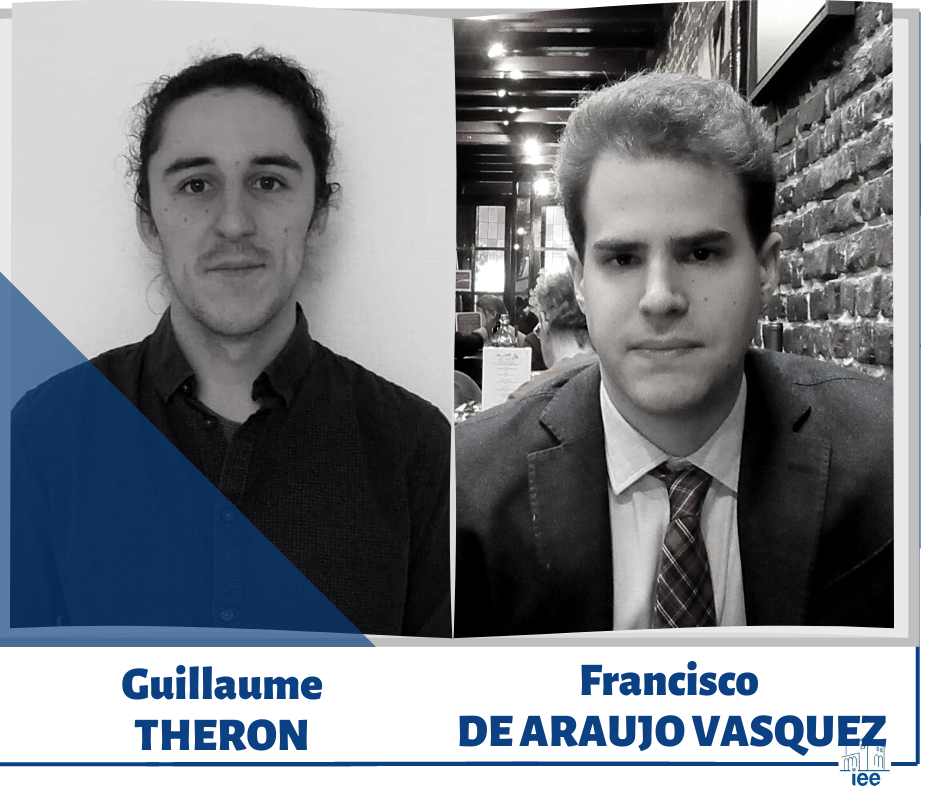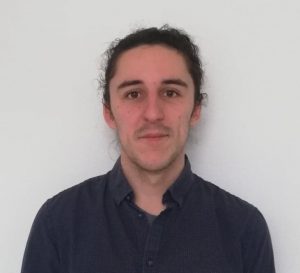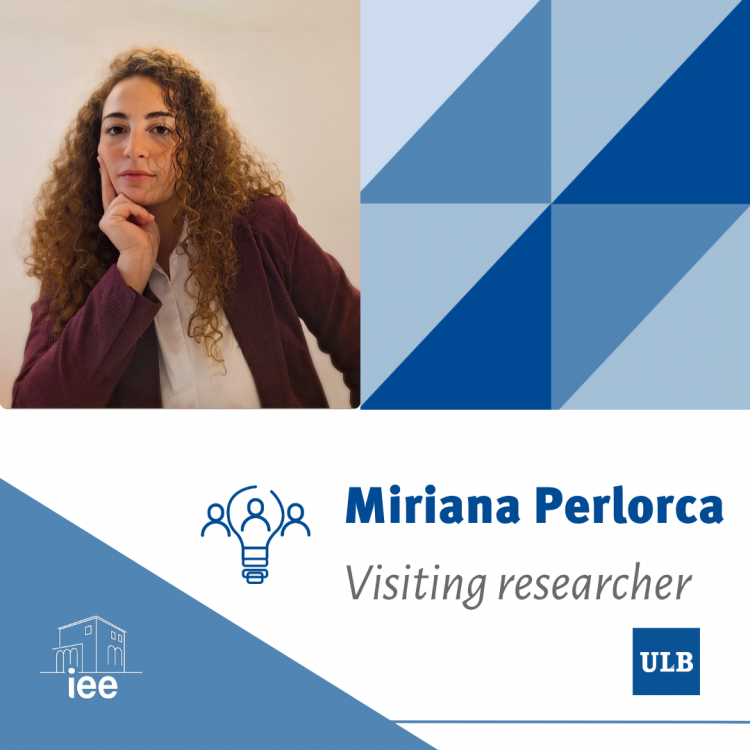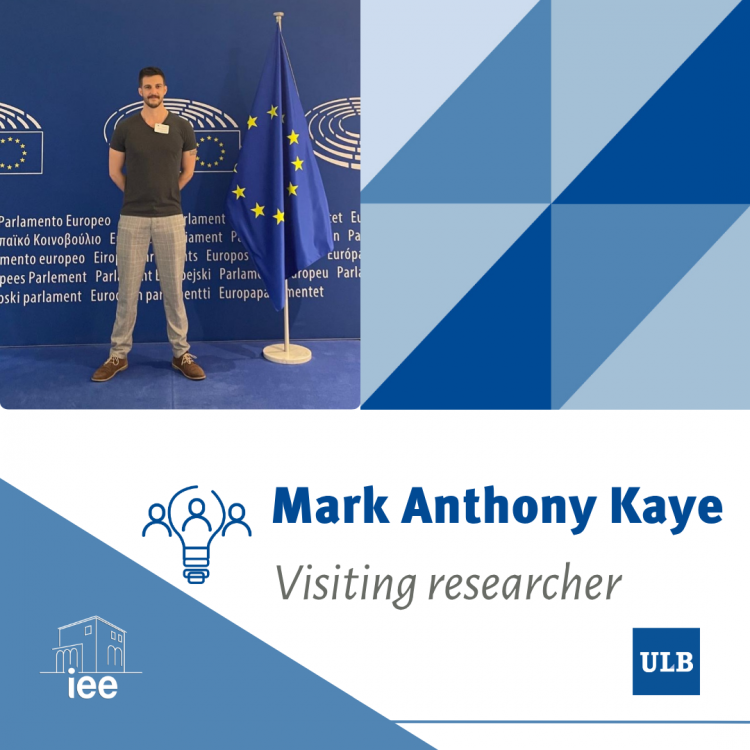Guillaume THERON
Guillaume Theron works with Ramona Coman as research assistant in the Jean Monnet project Rule of law and mutual trust in global and European governance and with Nathalie Brack on a project that studies the role of national parliaments
Internship duration: 3 months
I was born and raised in Brittany, France, before going to study at the Institut d’études politiques in Lille. I subsequently obtained my degree in Political Science at the University of Lille. Wishing to continue my studies in an international environment, it was only natural that I started a Master’s degree in European Studies with the label of the Institute of European Studies in 2019. These last fifteen months have reinforced my interest in the study of European policies – which originated in my involvement in high school with the European Youth Parliament – and have confirmed my desire to direct my future towards research. I am currently writing my Master thesis on the balance of power between the actors of European social policies, and I plan to pursue this reflection through a PhD in the coming years. I have a particular affinity for the qualitative method and critical sociology, but I am convinced that social sciences cannot fulfil their potential without constant interdisciplinary discussion, which is why I enjoy discovering new research instruments or new theories so much.
Francisco DE ARAUJO VASQUEZ
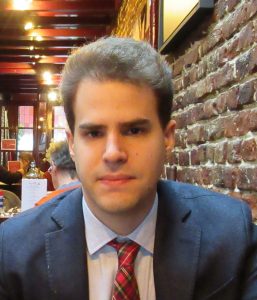 Francisco de Araujo Vásquez joined, as research assistant, the project “Conflicts of Sovereignity in the EU” (financed by the FWA), Nathalie Brack, Ramona Coman & Amandine Crespy
Francisco de Araujo Vásquez joined, as research assistant, the project “Conflicts of Sovereignity in the EU” (financed by the FWA), Nathalie Brack, Ramona Coman & Amandine Crespy
Internship duration: 5 months
I hold a Bachelor and a Master’s degree in Political Science from the Université libre de Bruxelles and I am currently pursuing a Master’s degree in European Studies, from the Faculty of Philosophy and social Sciences with the IEE label.
My Master’s thesis and the research I am currently conducting focuses on the contestation and opposition that exists against the new European economic governance framework at the national level and among the member states (specifically in Portugal and Italy), in particular when this contestation takes place through national institutions such as Parliaments, with the aim of studying these phenomena and the implications they have for issues related to democracy and popular, economic and monetary sovereignty.
